
CLONet – Coastal Lakes Observing Network
Restoring Our Coastal Lakes
Coastal lakes are important parts of New Jersey’s aquatic ecosystems, and they have slowly become degraded over time, creating unhealthy environments for animals and plant life that use these coastal lakes to live.
This degradation in Monmouth County’s coastal lakes is due to several factors such as man-made modifications, pollution from stormwater runoff, excess algae, plant overgrowth and litter.
We hope that through this site we can help provide information about the health of these lakes and foster a coordinated effort toward repairing and restoring them to health.
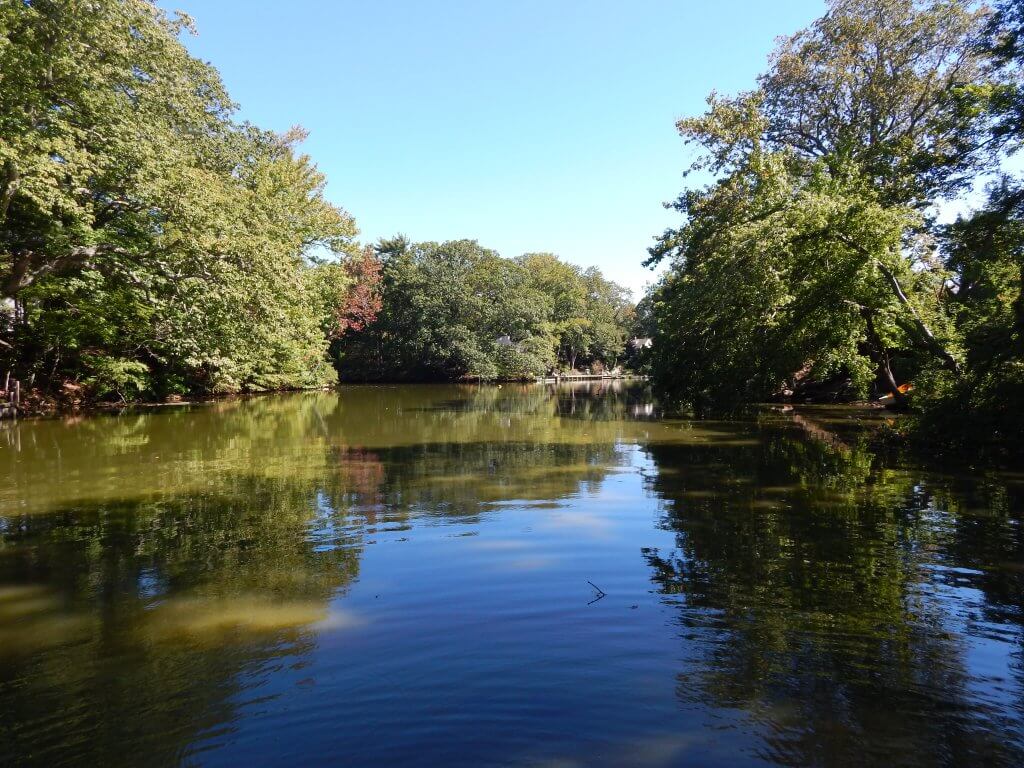
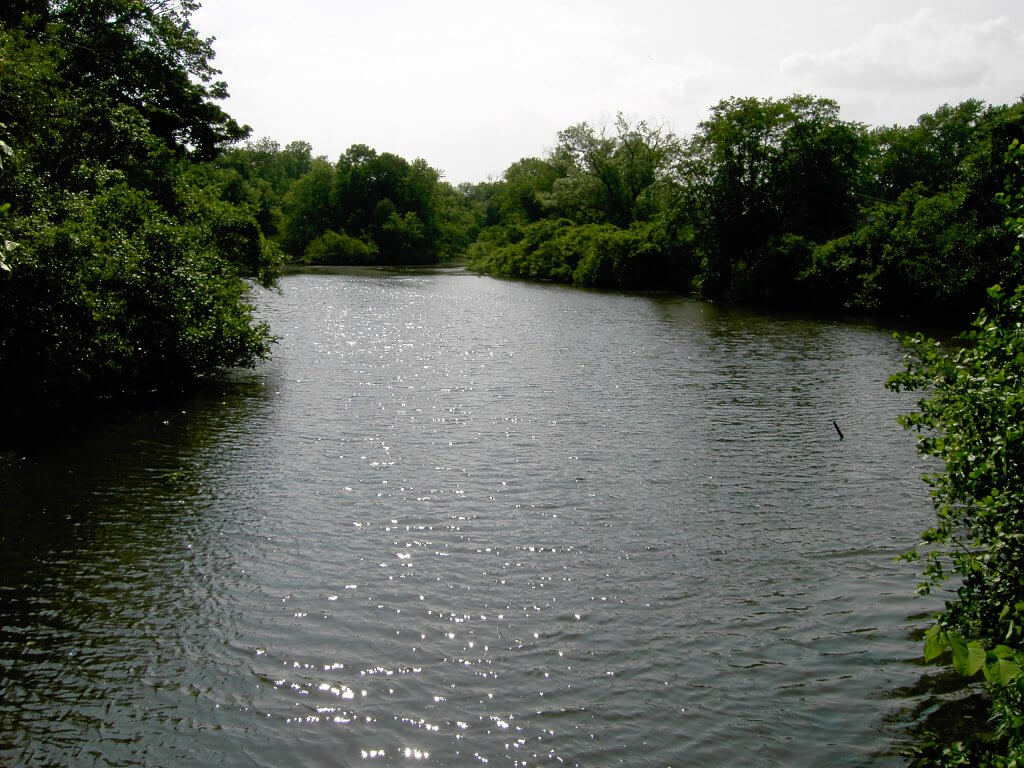
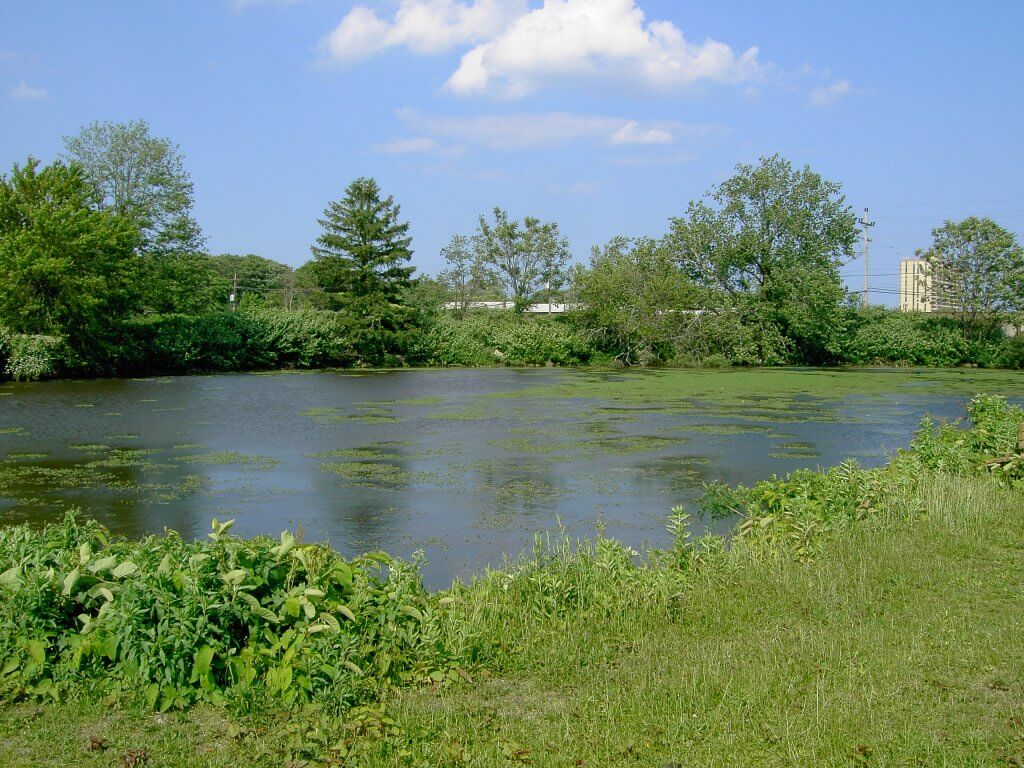
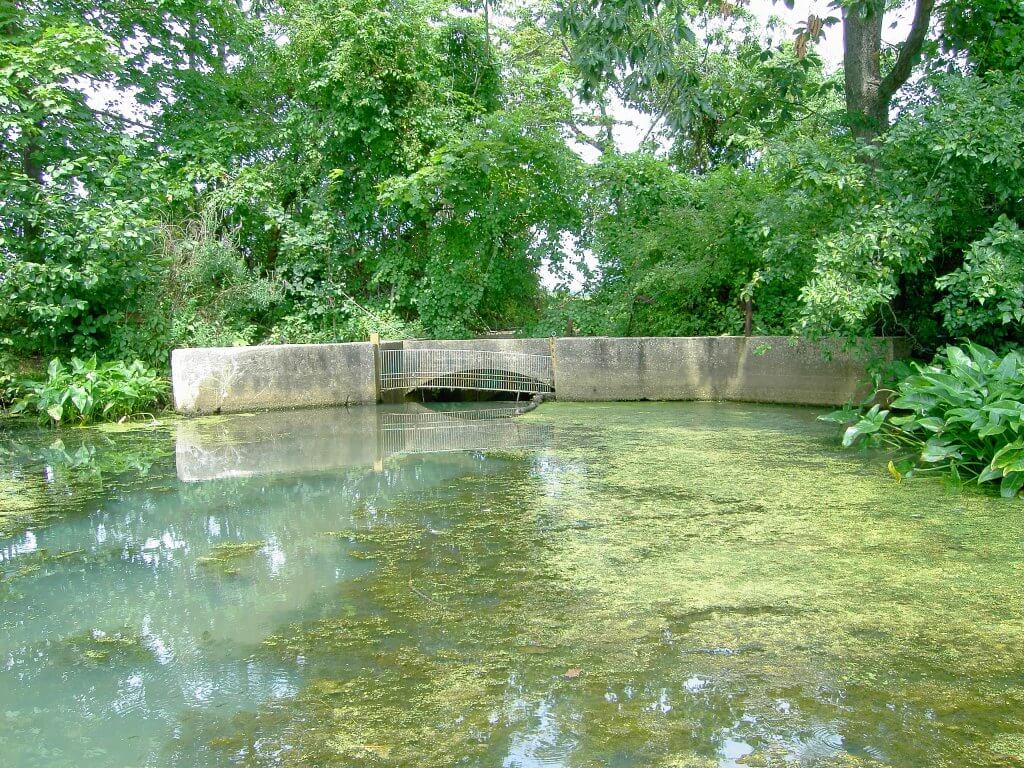
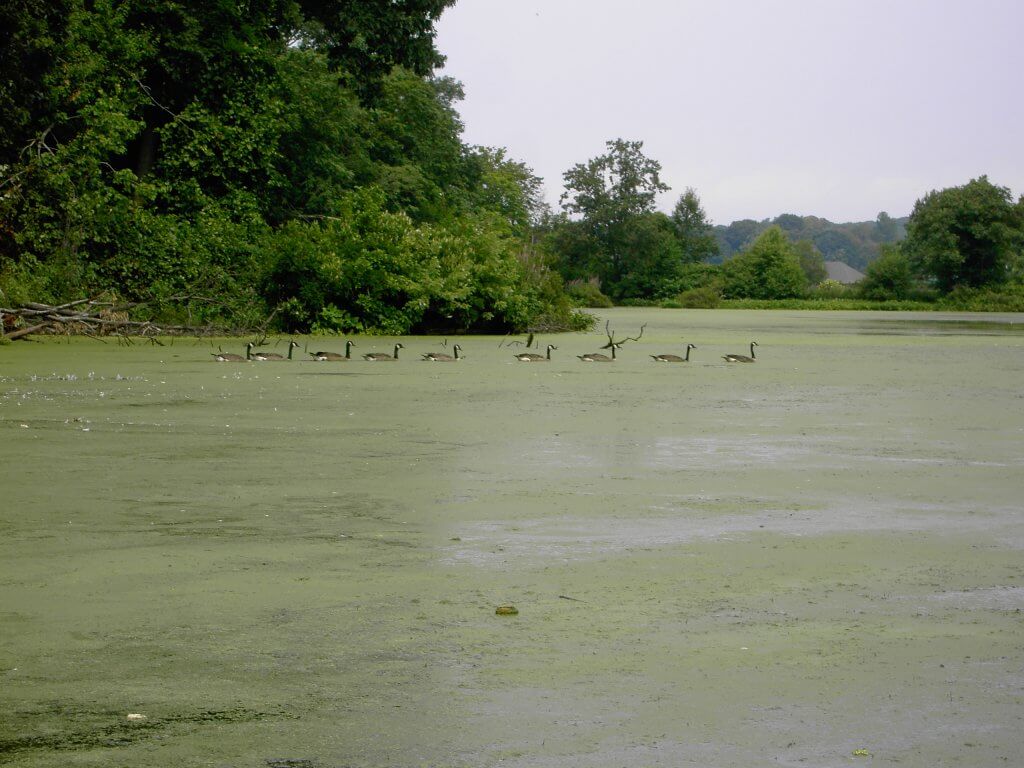
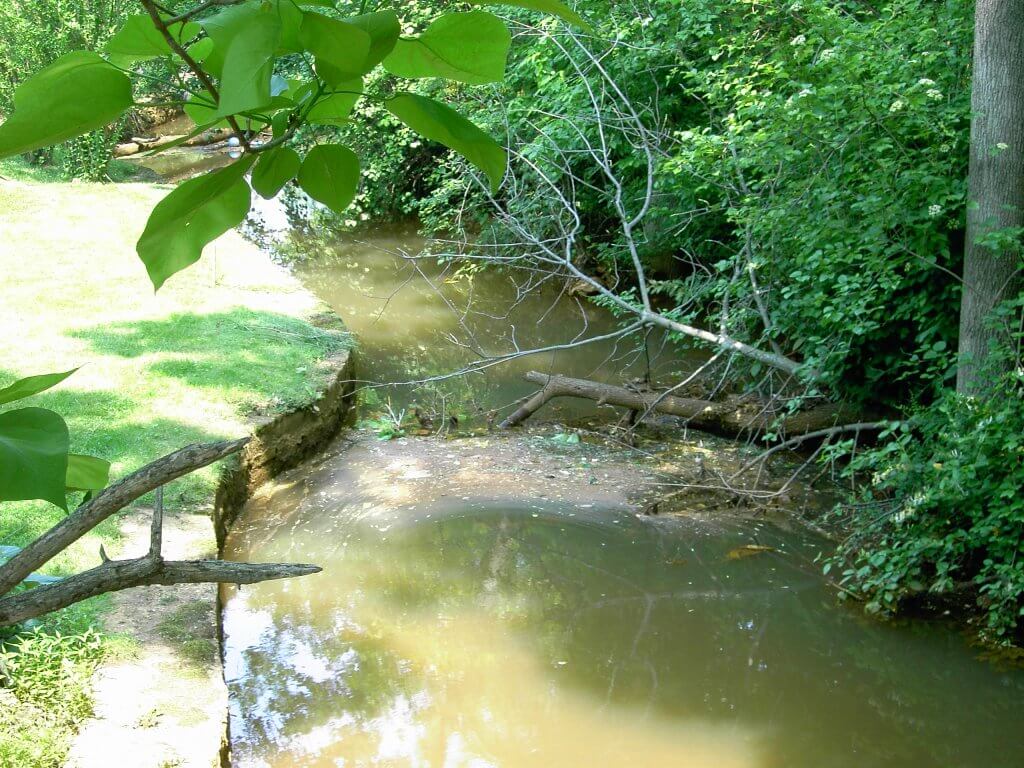
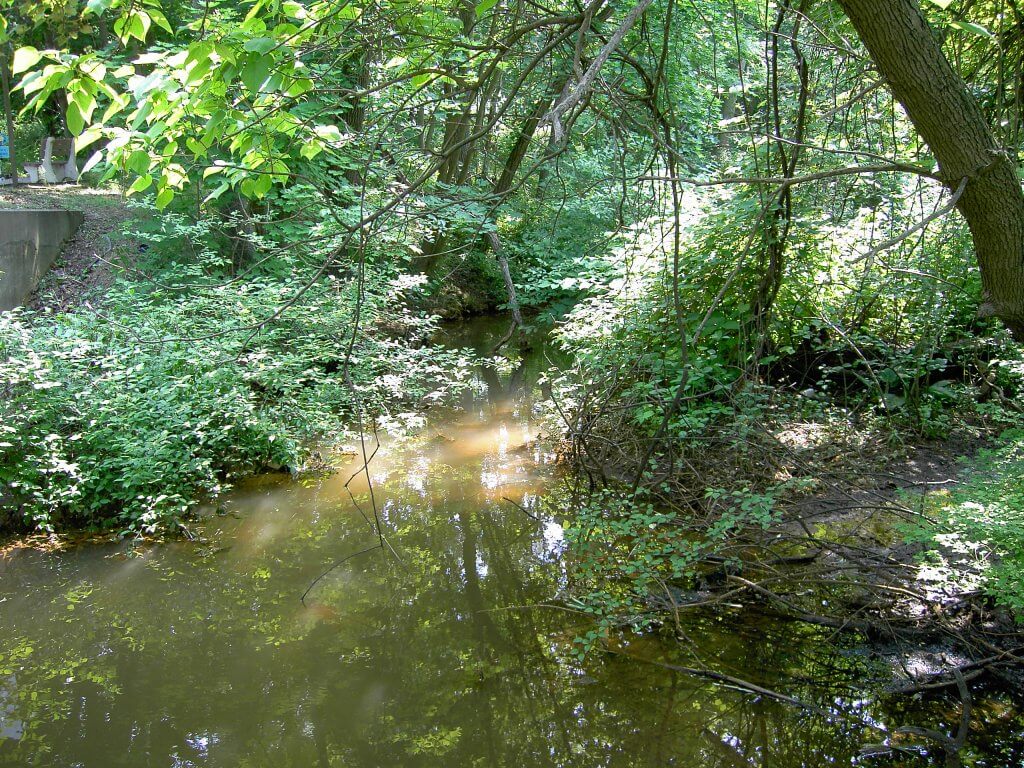
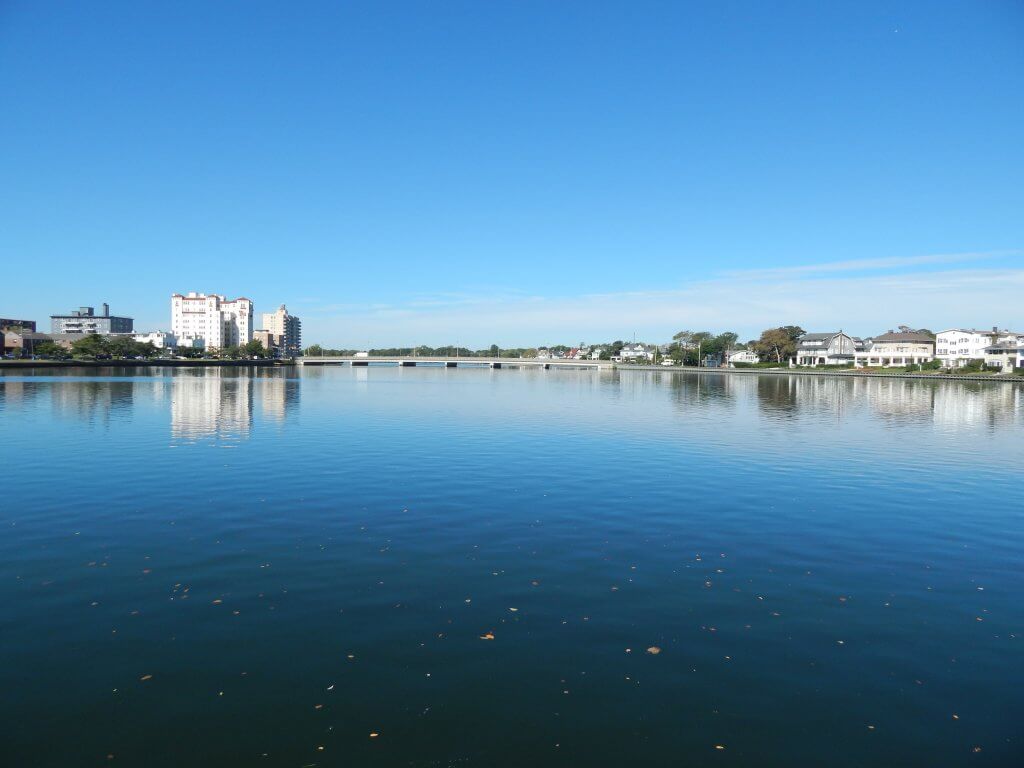
The Future Of Our Coastal Lakes
Over the past several decades, our coastal lake ecosystems have become disturbed and degraded from the impacts of the intense development that surrounds them. Unnatural modifications to adjacent shorelines, riparian corridors along their tributaries and the introduction of a variety of pollutants from stormwater and runoff has resulted in degraded water quality, disturbed fish and wildlife habitats, harmful algal blooms and invasions of nuisance aquatic plants.
As a result, the majority of the coastal lakes are now neglected and valued less for the natural resources they support and the recreational opportunities they offer. Instead they are used as terminal receivers of road and overland runoff from storm sewers, algae-covered mud holes, and havens for Canada geese.
Further complicating any attempt to manage or restore the coastal lakes is the fact that with few exceptions, no organization, agency, or governing body has taken responsibility for these water bodies. Attempts to manage the coastal lakes have tended to follow a disjointed path that has often limited the success and sustainability of restoration efforts.
It is time to change this state of affairs. State, county, and local governments must partner with representatives of civic and community organizations, and local coastal and watershed management groups to develop and implement cost-effective strategies to restore, protect, and maintain coastal lake ecosystems in Monmouth County.
The challenge is to manage coastal lake environments in a manner that provides for the maintenance of their ecological integrity and accommodates active and passive recreational activities.
However, this will be no easy task. New resources need to be allocated at the state, county and municipal level, permit processes streamlined, and problems such as dredging and dredged material disposal, aquatic weed control, and stormwater infrastructure improvements addressed on a regional basis.
